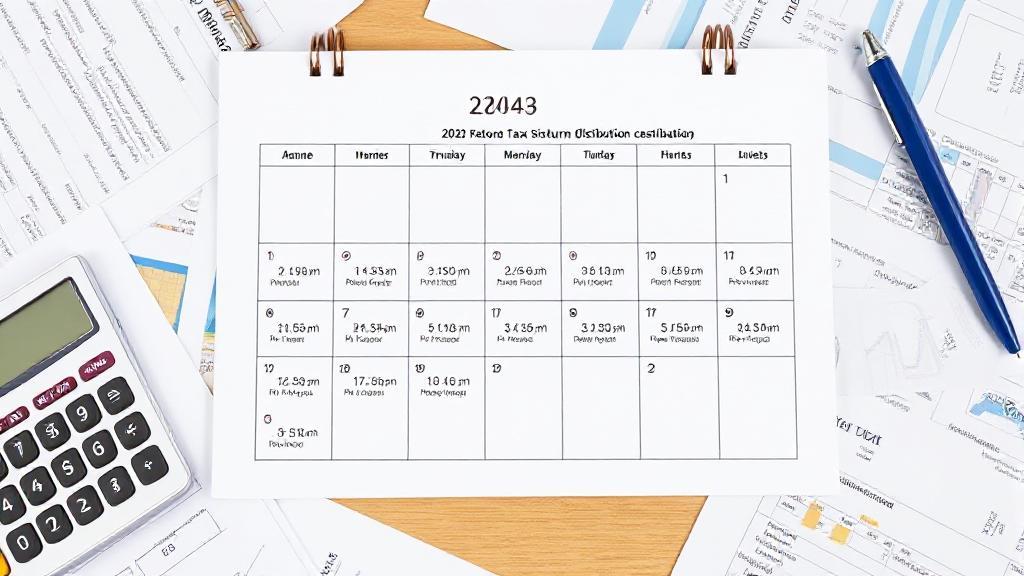Understanding 2024 Tax Return Distribution Dates
As we approach the 2024 tax season, taxpayers are eager to know when they can expect their tax refunds. The distribution dates for tax returns can vary based on several factors, including how and when you file your return.
Key Dates for the 2024 Tax Season
- January 22-29, 2024: IRS begins accepting and processing 2023 tax returns
- April 15, 2024: Standard filing deadline
- October 15, 2024: Extended filing deadline
Expected Refund Timeline
For those who file early and choose direct deposit, refunds are typically issued within 21 days. Here's a detailed breakdown:
Direct Deposit Options:
- E-file with direct deposit: 21 days or less
- Paper file with direct deposit: 6-8 weeks
- Status check available on IRS Where's My Refund tool within 24 hours of e-filing
Paper Check Options:
- E-file with paper check: 4-6 weeks
- Paper file with paper check: 6-8 weeks
- Additional time needed for postal delivery
Weekly Distribution Schedule
The IRS typically processes refunds weekly:
Direct deposits are usually sent on Wednesdays, while paper checks are mailed on Fridays.
Factors That May Delay Your Refund
Several factors can influence when you receive your tax refund:
- Filing Method: E-filing with direct deposit is fastest; paper returns take longer
- Accuracy of Information: Errors or incomplete information lead to delays
- Tax Credits: EITC or ACTC claims are held until mid-February
- Identity Theft Prevention: Additional verification may be required
- IRS Backlog: Processing times may vary based on workload
Note: By law, the IRS cannot issue refunds before mid-February for returns claiming EITC or ACTC.
How to Track Your Refund
Monitor your refund status through:
- Where's My Refund?: Available on the IRS website
- IRS2Go App: Official mobile app for iOS and Android
- IRS telephone hotline
Tips for a Smooth Tax Season
To ensure faster processing and avoid delays:
- File electronically
- Choose direct deposit
- Double-check all information
- Submit early in the tax season
- Use IRS Free File if eligible
- Keep tax records and tracking information readily available
State Tax Refunds
State refund schedules vary by location. Check your state's department of revenue website for specific timing details.
For more detailed information and updates, visit the IRS official website or consult with a tax professional.
Remember that these timelines are estimates, and actual processing times may vary based on individual circumstances and IRS workload.
